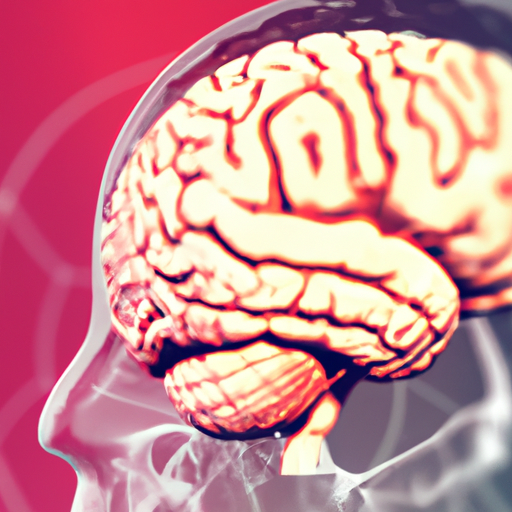-
Table of Contents
TBI Depends on the Severity of the Injury

Traumatic brain injury (TBI) is a serious medical condition that can have long-term effects on a person’s physical, cognitive, and emotional health. The severity of a TBI depends on the type and extent of the injury, and the effects can range from mild to severe. In this article, we will explore the different types of TBI and how the severity of the injury affects the long-term prognosis.
What is Traumatic Brain Injury?
Traumatic brain injury (TBI) is a type of physical injury that occurs when an external force causes damage to the brain. TBI can be caused by a variety of events, including falls, motor vehicle accidents, sports injuries, and physical assaults. The severity of the injury can range from mild to severe, and the effects can be both physical and cognitive.
Types of TBI
TBI can be classified into three categories: mild, moderate, and severe.
Mild TBI
Mild TBI, also known as a concussion, is the most common type of TBI. It is usually caused by a blow to the head or a jolt to the body that causes the brain to move rapidly inside the skull. Symptoms of mild TBI can include headache, dizziness, confusion, memory loss, and difficulty concentrating. Most people with mild TBI recover quickly and fully, but some may experience long-term effects such as headaches, fatigue, and difficulty concentrating.
Moderate TBI
Moderate TBI is caused by a more severe blow to the head or a jolt to the body. Symptoms of moderate TBI can include loss of consciousness, confusion, difficulty speaking, and difficulty walking. People with moderate TBI may experience long-term effects such as memory loss, difficulty concentrating, and difficulty controlling emotions.
Severe TBI
Severe TBI is the most serious type of TBI and is usually caused by a violent blow to the head or a penetrating injury. Symptoms of severe TBI can include loss of consciousness, seizures, difficulty speaking, and paralysis. People with severe TBI may experience long-term effects such as cognitive impairment, physical disability, and emotional disturbances.
Effects of TBI
The effects of TBI depend on the severity of the injury. Mild TBI usually has short-term effects that resolve quickly, while moderate and severe TBI can have long-term effects that can last for years. People with mild TBI may experience headaches, dizziness, confusion, and difficulty concentrating. People with moderate TBI may experience memory loss, difficulty speaking, and difficulty controlling emotions. People with severe TBI may experience cognitive impairment, physical disability, and emotional disturbances.
Treatment for TBI
The treatment for TBI depends on the severity of the injury. Mild TBI usually does not require medical treatment, but people with moderate or severe TBI may need to be hospitalized for observation and treatment. Treatment for moderate and severe TBI may include medications to reduce swelling, physical therapy to help with mobility, and cognitive therapy to help with memory and concentration.
Conclusion
TBI is a serious medical condition that can have long-term effects on a person’s physical, cognitive, and emotional health. The severity of a TBI depends on the type and extent of the injury, and the effects can range from mild to severe. Mild TBI usually has short-term effects that resolve quickly, while moderate and severe TBI can have long-term effects that can last for years. Treatment for TBI depends on the severity of the injury, and may include medications, physical therapy, and cognitive therapy. It is important to seek medical attention if you or someone you know has experienced a TBI, as early diagnosis and treatment can help reduce the long-term effects of the injury.

